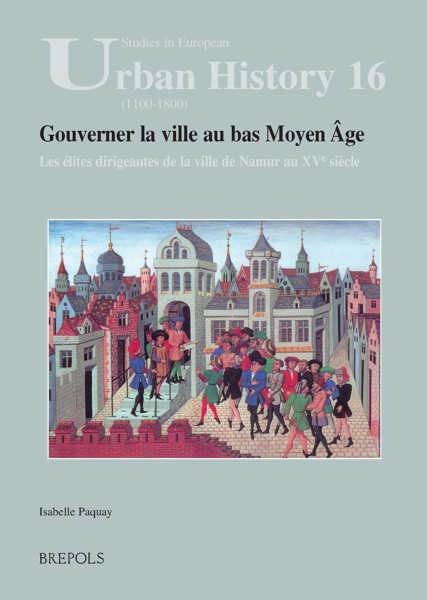
Gouverner la ville au bas Moyen Âge
View publication
«Pour la première fois, ce beau volume permet une comparaison très large, qui permet de dépasser les généralités pour montrer que le Bien Commun n’est pas utilisé dans et par les villes avec la même fréquence ni de la même façon partout.» (Olivier Richard, dans le Moyen Age, 3-4, 2015, p. 880)
Elodie Lecuppre-Desjardin teaches at the University of Lille 3 (IRHiS). Her research interests cover political thought and urban identity in the Burgundian Low Countries.
Anne-Laure Van Bruaene teaches at the University of Ghent. Her main field of interest is urban culture in the late medieval and early modern Low Countries.